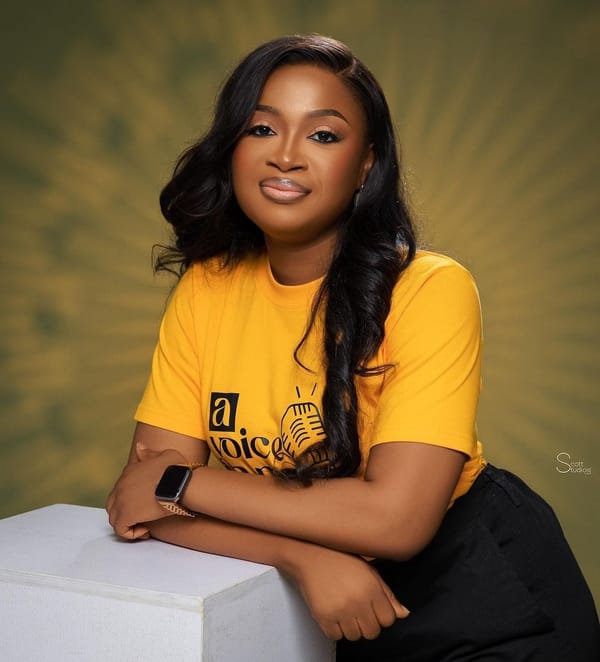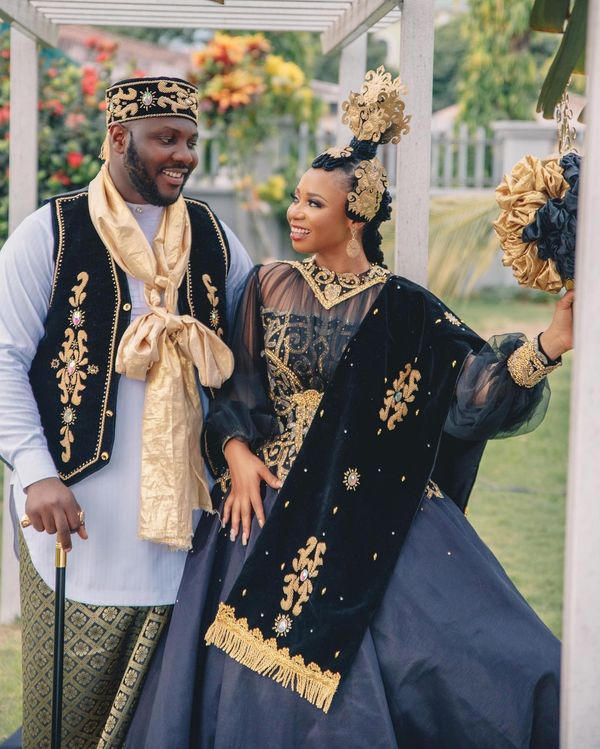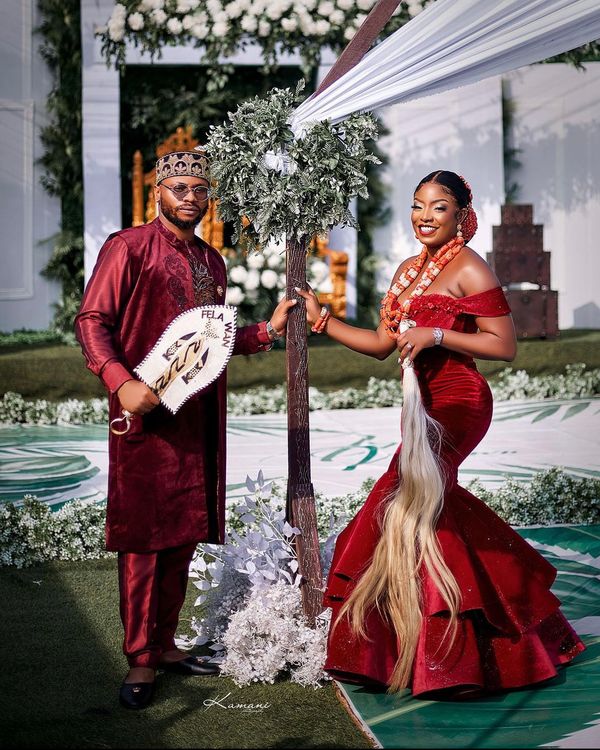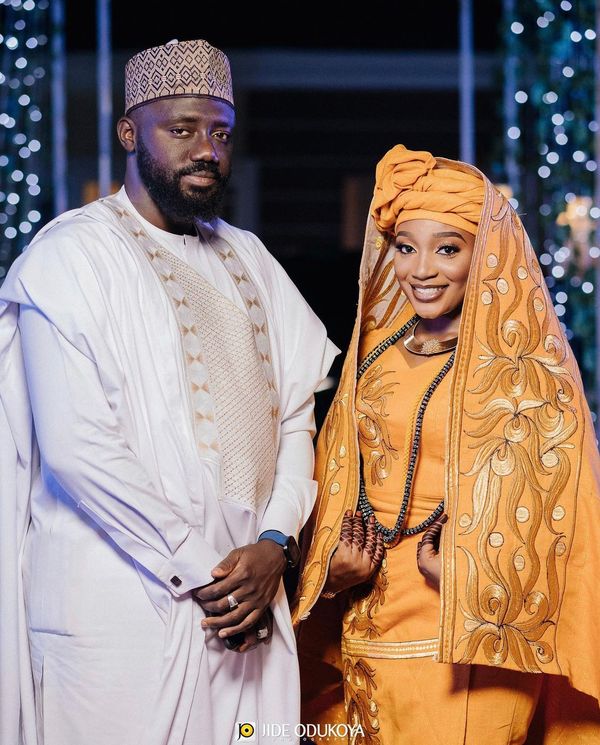By Hafeedoh Balogun

In Islam, marriage is considered a sacred ceremony between a man and woman, as when they marry each other, they have completed half of deen (religious faith). A significant other in Islam means that you have found someone to be your comfort in this world and the next, to fulfill each other’s dreams, and fill your lives with bliss & happiness.
In this article, we will walk you through what you need to know about Islamic weddings - what the requirements are and what to think about when planning your ceremony in Nigeria.
Islamic Wedding Requirements
The Proposal/ Family Meeting (Mushwara)
Any muslim intending to marry has to make their intention of marriage known to their future spouse. This intention of marriage can be made by a man or woman but in Nigerian cultures, it is more common for the proposal to come from the man and his family. This time is also an opportunity for both families to get know each other.
The Acceptance (Ijab-and-Qabul)
Following the proposal is the Qabul, the acceptance of the proposal either immediately or later. The couple can court and get to know each other better ahead of the Nikkah at this stage. They are allowed to meet in public spaces, but not without chaperones, and they can meet at each other’s houses with other family members present.
The Witnesses (Ashu-Shuhud)
For a Nikkah to be valid, there have to be at least two witnesses present - either two males or one male and two female witnesses. The witnesses should understand the words exchanged by the bride and groom at the Nikkah ceremony. This ensures that their acceptances are not coerced but rather pronounced of their own free will.

The Mahr (Dowry)
Not to be confused with the dowry required by certain cultures, the Mahr is an obligatory gift from the groom to the bride under Islamic law. It is not uncommon for this to be a monetary gift, but the bride can ask for whatever she pleases, be it gold jewelry or a vacation. The Mahr can be given to the bride immediately or delayed, as agreed by the two parties.

The Wali (Custodian)
In Islam, a Wali is a woman’s guardian and acts as a representative for the bride during her Nikkah. Under normal circumstances, this would be the bride’s father, but if he is not able to fulfill this role (for example, he is deceased), it can be another male relative or guardian. To proceed with the Nikkah, the bride has to give her consent to the marriage; the Wali cannot consent on her behalf.
The Nikkah (The Wedding)
Once the above conditions are met, the Nikkah or wedding ceremony can occur at a mosque or a venue of the couple’s choosing. Although not compulsory, it is ideal that the Nikkah officiant is well versed in Islamic knowledge. The bride and groom repeat “qubool” or “I accept” three times. Next, the couple and the witnesses sign the wedding contract, validating their marriage.
The Walima
The term comes from the Arabic word “awlama” which means gathering people or an assembly. In the wedding context, the Walima is a celebratory event after the Nikkah ceremony.
The Walima has been said to be a prophetic tradition, and newly married Muslims are encouraged to partake in this event while respecting core Islamic values.
Traditionally, the groom will plan the event and send invitations to his relatives and friends and those of his new bride. Today, how the Walima is celebrated in Nigeria may be influenced by cultural practices.
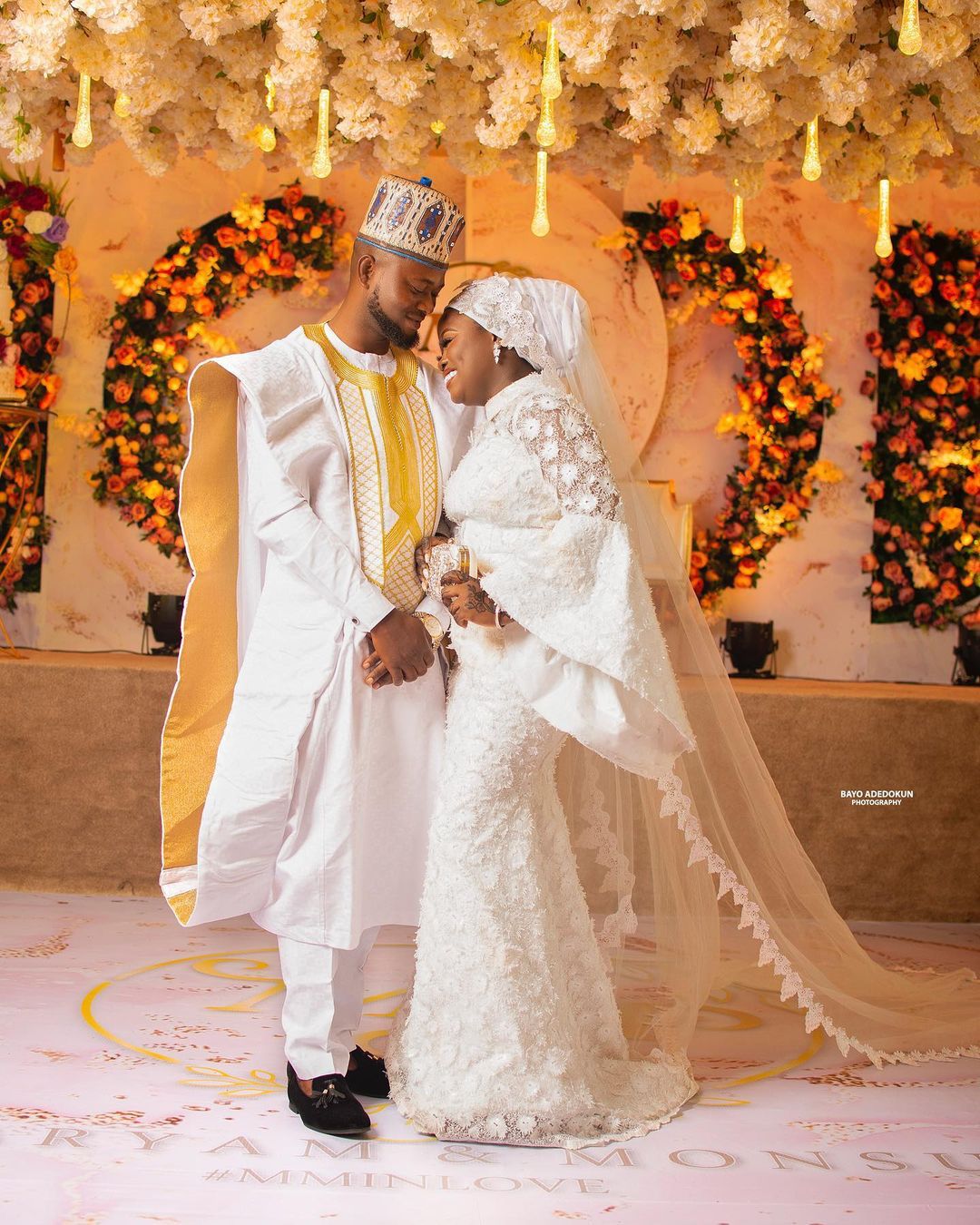
Nikkah Ceremony FAQs
What should I wear?
Modesty is an essential value in Islam, so, ideally, Nikkah guests should dress appropriately. Men and women should cover their legs and arms. If the Nikkah is taking place at a mosque, female guests may be required to wear a headscarf. Ask the bride or groom what they expect guests to wear on their special day to be better prepared.
Will the event be segregated?
It depends. Segregation is the norm in a mosque, so a Nikkah held here will be segregated. However, if the Nikkah takes place in another venue or at home, segregation depends on how religious the couple and their families are.
Will food be served?
Hospitality is an important part of Nigerian cultures, so food at events is a sure thing. If the Nikkah is held at a mosque, it is more likely that food would be served after the ceremony. At the Walima (reception), food is served to guests as a celebration of the Nikkah of the couple.
Will there be music?
If the Nikkah takes place in a mosque, then it is unlikely that music would be played. However, if the ceremonies are held outside the mosque, it depends on the couple and their families’ preferences.





